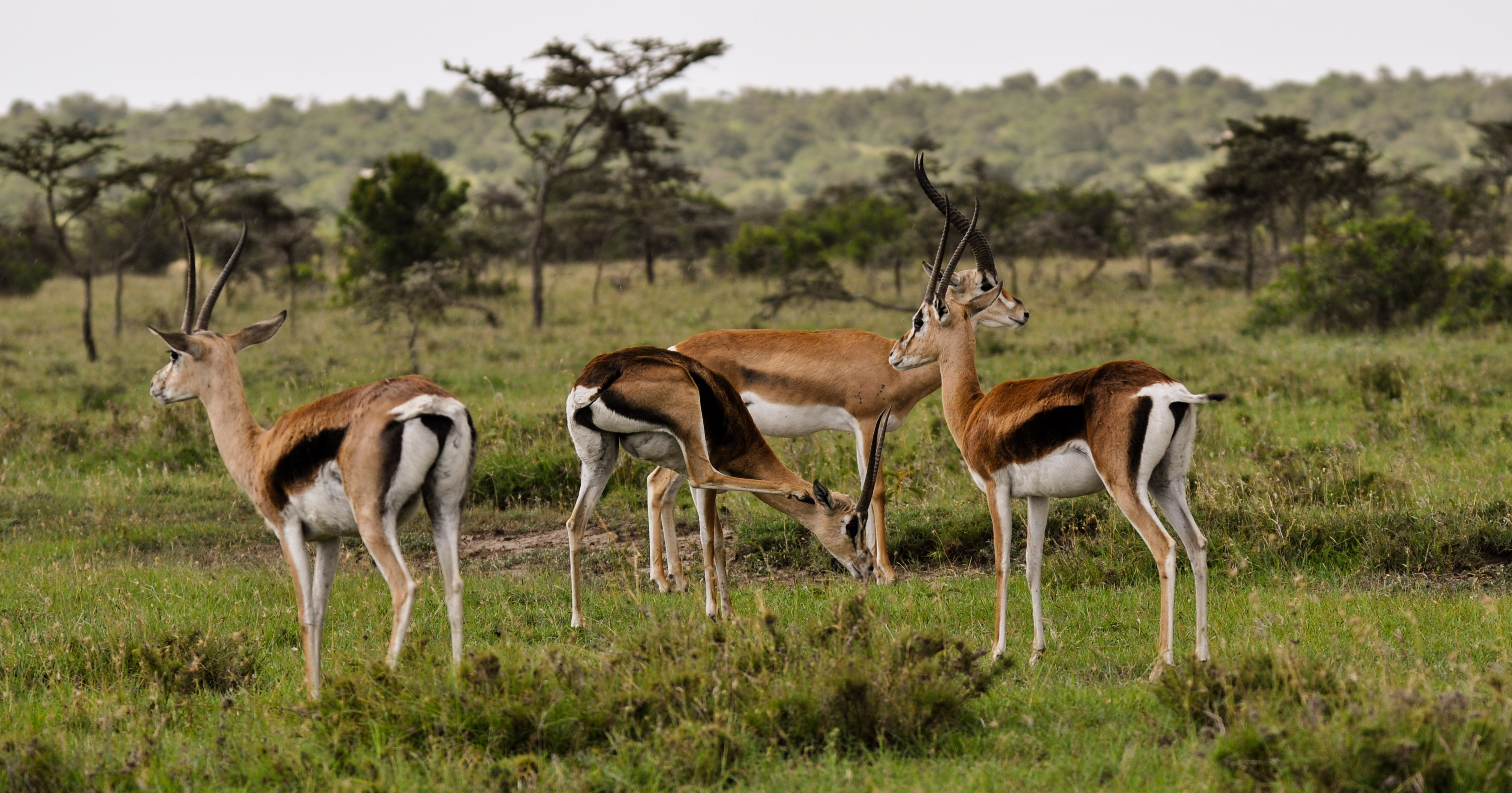Nature’s most committed migrants—billions of animals across the globe who travel long distances each year—become infected by more parasite species than those who do not migrate, according to researchers at UGA’s Odum School of Ecology.
The researchers used records from the Global Mammal Parasite Database 2.0 and focused on ungulates, or hooved animals, a group that includes deer, wildebeests, caribou, antelope and gazelles. Doctoral candidate Claire Teitelbaum spearheaded the project.
Teitelbaum grouped ungulate species based on whether they migrate seasonally, move unpredictably or don’t migrate at all. This allowed the team to compare the number of parasite species in nomadic, resident and migratory species.
“Sheep, cattle, goats, pigs, these are also hooved animals,” says Sonia Altizer, UGA Athletic Association Professor of Ecology, who also worked on the project. “Wild animals can share parasites and infectious diseases with their domesticated animal relatives, and if these migrants are moving around through diverse landscapes, it’s important that we understand how much they are exchanging parasites and infectious diseases with livestock and domesticated animals.”
This brief appeared in the fall 2018 issue of Research Magazine. The original press release is available at https://news.uga.edu/migratory-animals-carry-more-parasites-says-study/.






